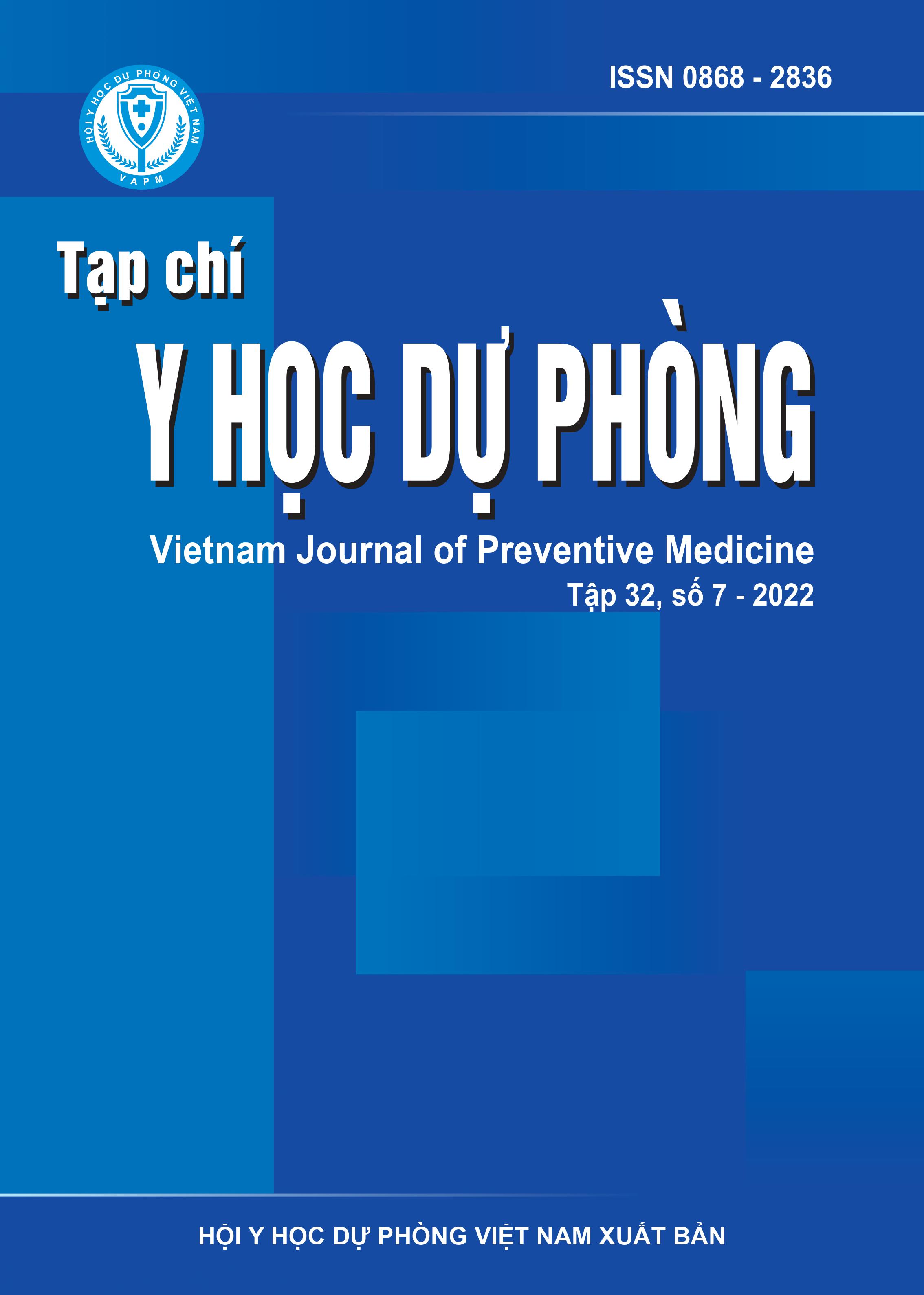Associations between knowledge – attitude – practice and characteristics of livestock activities and E. coli-habouring-mcr-1 infection among farmers in Yen Nam commune, Ha Nam province in 2019
DOI:
https://doi.org/10.51403/0868-2836/2022/838Keywords:
Knowledge, attitude, antibiotic, antibiotic resistance, practice, livestock, chicken, pig, farm-scale, E. coli, mcr-1, Northern VietnamAbstract
A cross - sectional survey was conducted to investigate associations between livestock activities with knowledge, attitude and practice of livestock farmers and between knowledge, attitude and practice with E. coli-habouringmcr-1 infection status in farmers in Yen Nam commune, Duy Tien district, Ha Nam province in 2019. A structured questionnaire and scale were utilized to collect and assess knowledge, attitude and practice of 139 participants. 139 feces samples were collected from the farmers to assess their infection status. The possibility of having a good attitude among farmers working in medium-scale farms was 70% higher than those working in household scale farms. Farmers working in small and medium-scale farms used antibiotics for food animals 11.3 times higher than those working in household-scale farms. Farmers in poultry farms used antibiotics for food animals 31.9 times higher than those working in swine farms. Farmers who believed that antibiotic resistance occurred in livestock had a 82% to 84% lower possibility of infection, compared to those who
had a bad attitude toward this issue. The results showed that the larger the livestock scale was, the more necessary is enhancing the knowledge and attitude of farmers in order to promote good practices in antibiotic usage for food animals and minimize infection with antibiotic resistant bacteria in humans.
Downloads
Downloads
Published
How to Cite
Issue
Section
License
Publication License No 150/GP-BTTTT signed on May 8, 2014;
Electronic Publication License No 322/GP-BTTTT signed on June 15, 2016.


